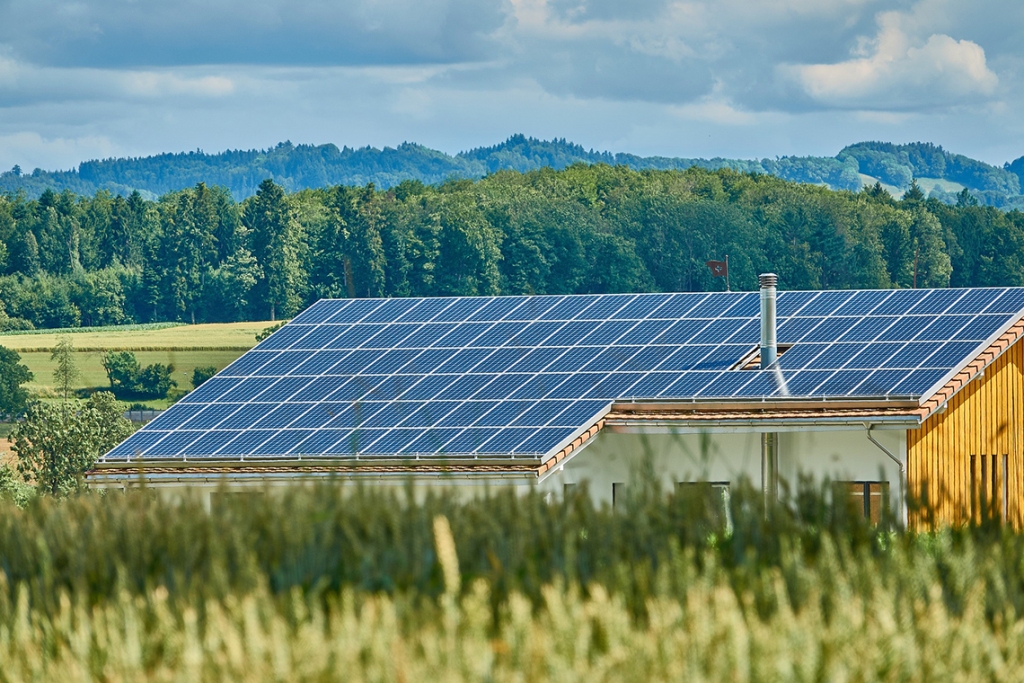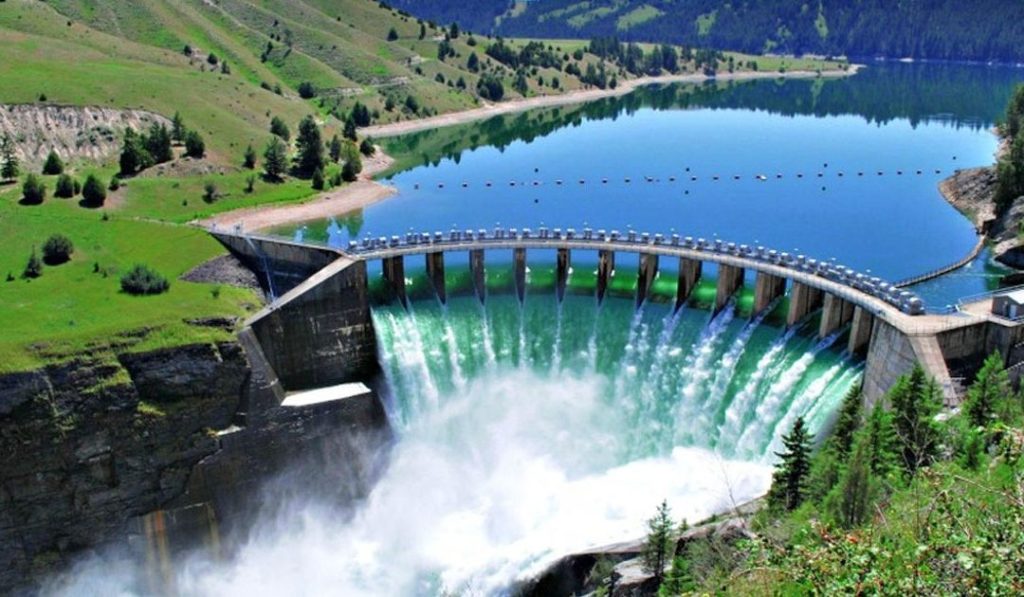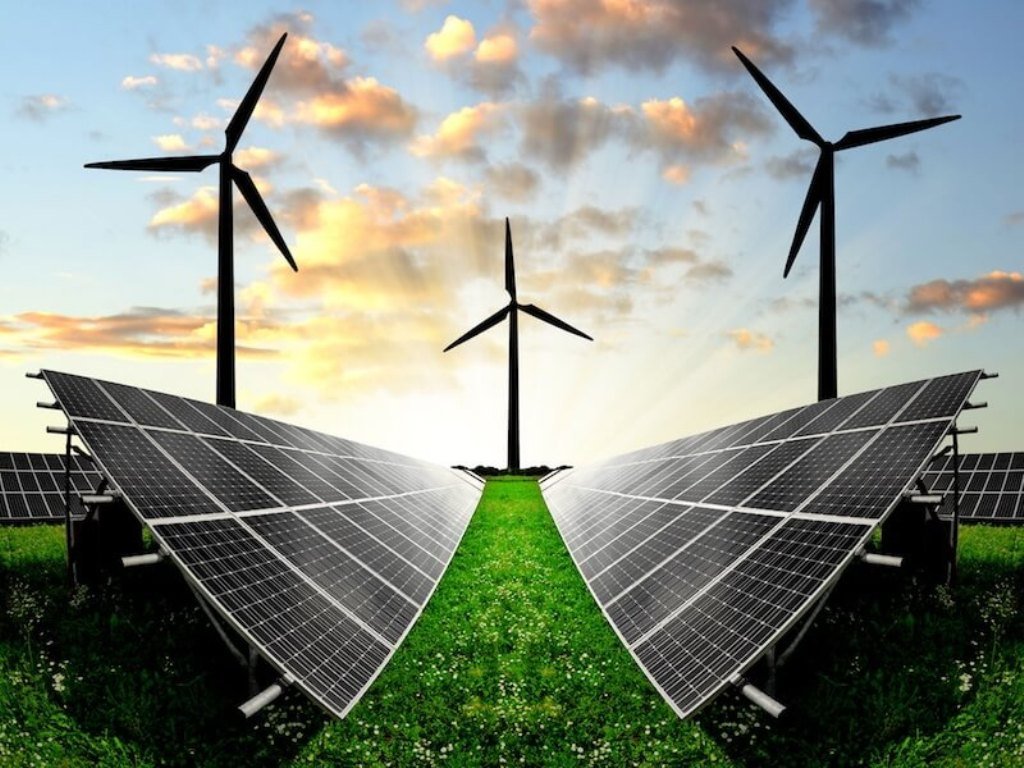Climate change, global warming, and environmental degradation are all key issues that every person on the planet should be concerned with. One of the major problems that exacerbate the aforementioned issues is the use of fossil fuels. As early as 1896, a Swedish scientist named Svante Arrhenius said that the use of fossil fuel could contribute to global warming. And yet to this day, the world still relies on fossil fuels like coal and oil as an energy source.
The increasing environmental awareness and the push for a more green lifestyle has placed the world’s energy sources under scrutiny. Today, there is a move to promote alternative energy resources because they have lower prices, lower emissions, and lower pollution rates. Here are seven alternative energy sources, which are called such because they provide an alternate to the traditional fossil fuels and help the citizens of the world in going clean and green:
Harnessing Solar Energy

This kind of practice harnesses the power of the sun and transforms its solar rays into electrical energy for various purposes. This uses the photovoltaic (PV) system where many solar cells in converting the sun’s heat the light into electricity. According to the Solar Resource Center solar energy can be used for many things like heat water, provide illumination, power air conditioning, and the like. Installing a home solar system or commercial solar panels can be easily done these days with the help of a solar power company like the Brisbane Solar Power Gem Energy
Capturing the Power of the Wind
Some scientists say that the wind can be considered a form of solar energy because the formation of winds is dependent on the heating and atmosphere, along with other factors like the rotation of the earth and other topographical conditions. Wind flow is now easily captured by wind turbines, and then converted into wind power or electricity. On a smaller scale, the perfect example for this are the windmills that are still in use to date for pumping water into farms.
Power from the Earth
Harnessing the power of the earth is known another renewable energy resource. Geothermal energy is typically derived from the heat that emanates from the earth. This heat source can be amassed close to the surface of the earth. Moreover, it also be sourced from heater rocks or reservoirs of hot water that comes from miles beneath into the ground.
The existing geothermal power plants around the globe harness these heat sources to generate electricity.
Hdyro Power
This is not a new concept because water wheels were once used to operate sawmills in the olden days. No one can deny the power of the water. In fact, three-fourths of the earth is covered in bodies of water, so it is not surprising that scientists have long figured out how to use the water to make electricity. The kinetic energy that comes from rapidly flowing rivers or waterfalls are easily converted to hydropower or hydroelectricity. Now, many industries and homes around the globe are reliant on hydroelectric power.

Natural Gas Sources
These have been in use for many decades, and it is currently being used in cars to reduce carbon emissions. There are a lot of natural gas present in the environment, so it is only natural (pun intended) for scientists to study in great detail how these gases can improve lives.
BioFuels/BioMass
This is considered a renewable resource because it makes use of animal and plant life to make energy. Biofuels are those that can be obtained from organic matter. This type of energy resource requires a dedicated machinery for extraction.
Hydrogen Gas
This is considered a completely clean burning fuel that is deemed much safer for the environment. Once this has been produced, hydrogen gas will only emit water vapor and warm air into the world. The process of electrolysis, which is known for splitting up the compound of water into separate elements of hydrogen and oxygen, aid in the release of hydrogen gas.

Alternative fuel sources, such as the ones mentioned above, continue to gain prominence and importance as the traditional fossil fuels severely threaten the environment. In fact, there are many other forms of alternative resources on top of what is noted here.
Advancements in technology will continue to improve on these alternative means because climate change, deadly emissions, global warming, and the continuous degradation of the earth can no longer be ignored.

